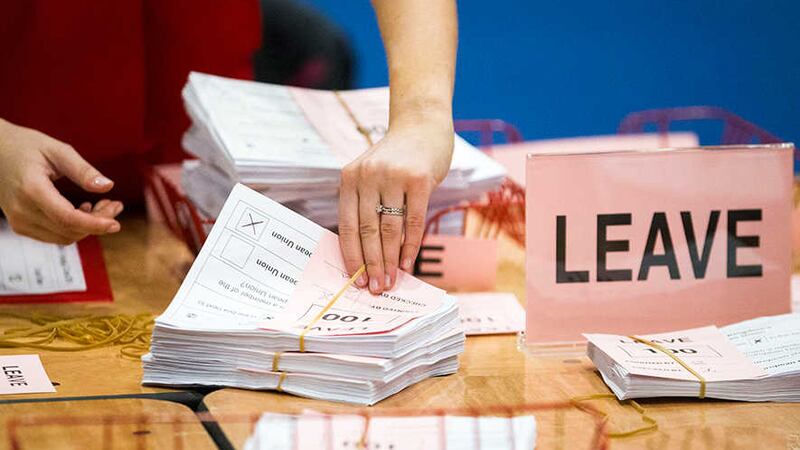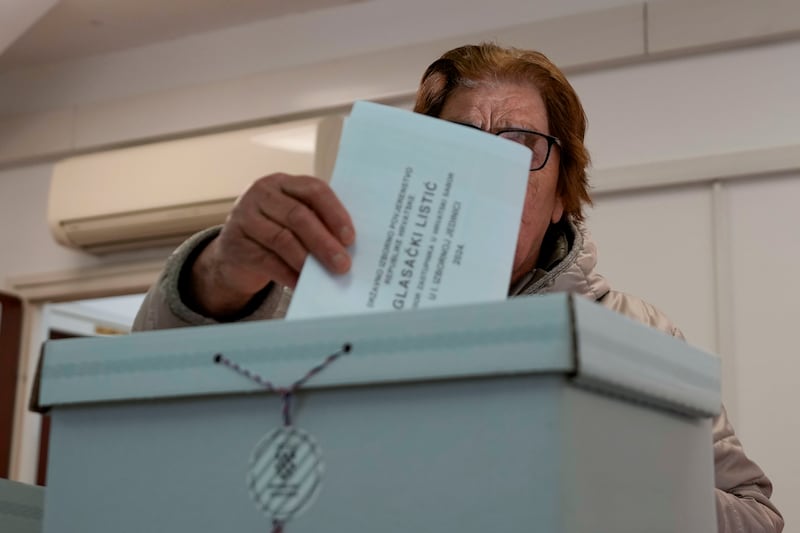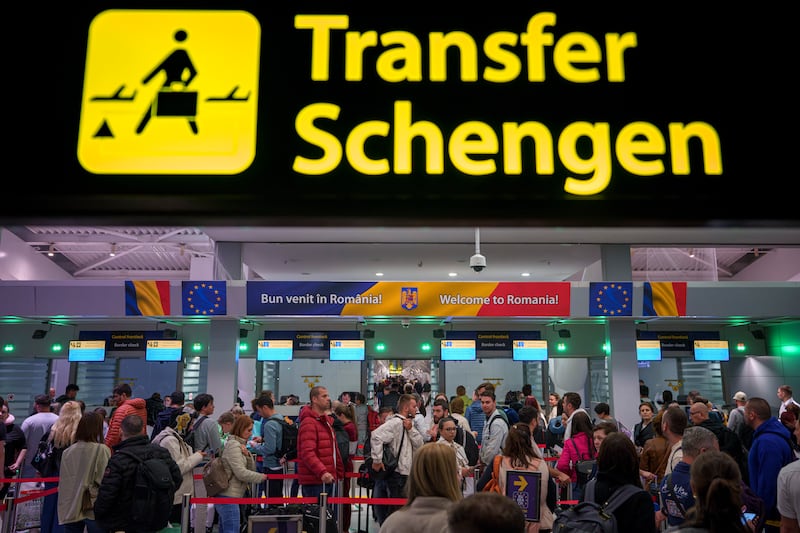EARLY results from the EU referendum saw the value of sterling plummet amid fears of a Leave victory.
The initial optimism of the Remain campaign evaporated on the back of results in England which reflected substantial support for severing ties with Brussels.
Ukip leader Nigel Farage pointed to a Remain victory shortly after the polls closed, while Secretary of State Theresa Villiers was also close to conceding defeat. However, a clear majority for Leave in Sunderland buoyed the pro-Brexit camp.
The first declarations from England’s Labour heartlands contradicted the opinion polls, which had forecast a narrow victory for Remain.
The result from nationalist-dominated Foyle, the north’s first to be declared, showed decisive backing for Remain. However, turnout was low compared to constituencies with unionist majorities.
In Lagan Valley, 25,704 voted to leave and 22,710 voted to stay in the EU, while in North Antrim almost 31,000 voted for a Brexit compared to 18,782 for Remain.
As the early declarations came, the value of sterling dropped sharply by around 3 per cent on the market, as traders took on board the possibility of a strong result for Leave.
Ahead of the results announcement prominent pro-Brexit Tories including Boris Johnson signed a letter backing David Cameron to continue as prime minister after the referendum. The letter delivered to Downing Street was signed by 84 MPs, two thirds of whom openly backed the Leave campaign.
“We believe whatever the British people decide you have both a mandate and a duty to continue leading the nation implementing our policies,” it read.
The effort to show a united front came at the end of a sometimes brutal campaign that saw deep Tory divisions over Europe lead to highly-personalised ‘blue-on-blue’ attacks.








